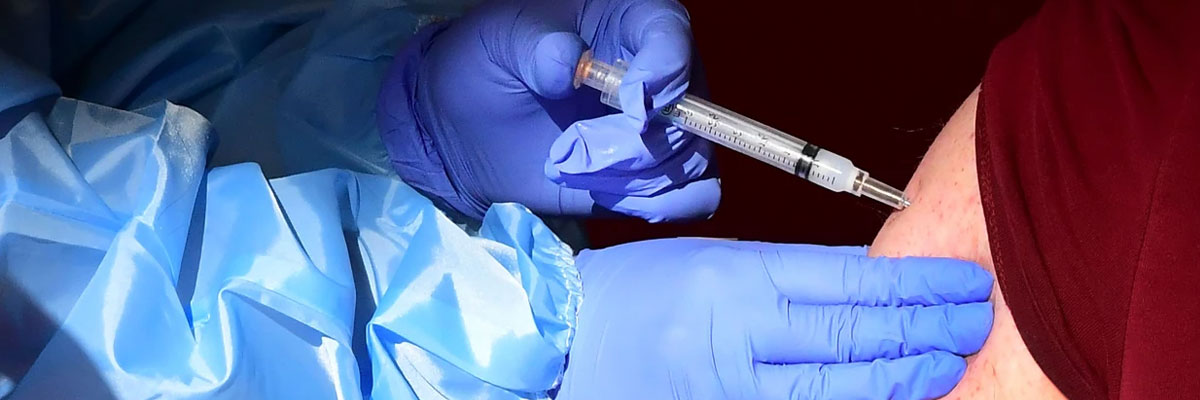
RSV Vaccines and CDC Recommendations in Adults
RSV, or respiratory syncytial virus, is a common respiratory virus that affects people of all ages. While it is often associated with young children, it can also cause severe illness in adults, particularly those with weakened immune systems or underlying health conditions. In this blog post, we will dive into the topic of RSV vaccines for adults and explore the recommendations provided by the Centers for Disease Control and Prevention (CDC). By understanding the benefits, safety, and guidelines associated with RSV vaccination, you can take steps to protect yourself and reduce the risk of complications.
What is RSV?
RSV is a highly contagious virus that primarily affects the respiratory tract. It can cause symptoms ranging from mild cold-like symptoms to severe pneumonia and bronchiolitis, especially in vulnerable populations such as older adults, people with chronic diseases, and individuals with compromised immune systems. Understanding the characteristics and transmission of RSV is crucial to grasp the importance of vaccination in preventing its spread.
RSV Vaccines for Adults: CDC Recommendations
To combat the impact of RSV on adults, the CDC has issued recommendations regarding RSV vaccination. According to their guidelines, certain high-risk groups that are more susceptible to severe RSV infections should receive the vaccine. These groups include adults aged 65 and older, adults with underlying health conditions such as heart or lung disease, and those with weakened immune systems.
Benefits of RSV Vaccination in Adults
The benefits of RSV vaccination for adults cannot be overstated. By receiving the vaccine, you can significantly reduce the risk of contracting RSV and developing severe complications. Vaccination has been shown to lower hospitalization rates and decrease the likelihood of severe respiratory illness in high-risk adults. Furthermore, by protecting yourself, you are also safeguarding those around you, including vulnerable populations who may be more susceptible to severe RSV infections.
Side Effects and Safety of RSV Vaccines in Adults
Ensuring the safety of vaccines is of utmost importance. RSV vaccines for adults have undergone rigorous testing to evaluate their safety profile. Although mild side effects such as soreness at the injection site, low-grade fever, and muscle aches may occur, serious adverse events are rare. The CDC closely monitors vaccine safety and holds the well-being of individuals at the forefront when making recommendations.
How to Get the RSV Vaccine: Guidelines for Adults
Obtaining the RSV vaccine is a straightforward process, guided by the CDC’s recommendations. If you fall into one of the high-risk groups identified, consult with your healthcare provider to discuss your eligibility for vaccination. Your healthcare professional will provide guidance on when, where, and how to receive the vaccine, ensuring that it is administered in a safe and appropriate manner.
Frequently Asked Questions about RSV Vaccines for Adults
- Are there any age restrictions for RSV vaccination in adults?
- The CDC recommends RSV vaccination for adults aged 65 and older, adults with underlying health conditions, and those with weakened immune systems.
- Can RSV vaccines cause RSV infection?
- No, RSV vaccines do not cause RSV infection. They are formulated to stimulate an immune response that protects against future RSV infections.
- How effective are RSV vaccines for adults?
- RSV vaccines have been shown to be effective in reducing the risk of severe RSV infections in high-risk adults. However, their effectiveness may vary based on individual factors.
Conclusion
RSV infections can lead to severe respiratory illness, especially in vulnerable adults. By adhering to the CDC’s recommendations for RSV vaccination, you can take steps to protect yourself and reduce the risk of complications. RSV vaccines for adults offer numerous benefits, including a decreased likelihood of severe illness and hospitalization. Consult with your healthcare provider to assess your eligibility and receive further guidance on RSV vaccination. By staying informed and taking proactive measures, you can play an important role in safeguarding your health and the well-being of those around you.
Remember, when it comes to preventing RSV infections, every vaccination counts.
For information about Shielding the Vulnerable: Unpacking CDC’s Recommendations on RSV Vaccines, click here.
Sources:
- Centers for Disease Control and Prevention. (2021). Respiratory Syncytial Virus (RSV): Prevention & Control. 1
